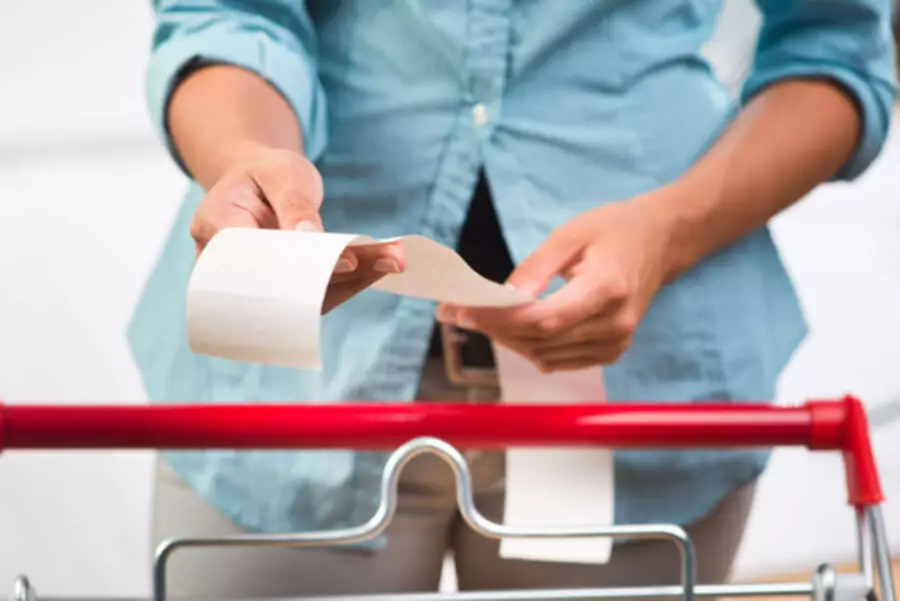
Escrow when buying a home could mean money is held in the account while certain conditions are completed. Typically it could mean contingencies have to be met by the buyer and the seller so that the purchase agreement is fulfilled. In order to protect both the buyer and the seller, an escrow account will be set up, and the good faith deposit will remain in this account until the transaction closes. The term “escrow” can confuse first-time homebuyers because it has a few different meanings. Escrow is a vital part of any real estate transaction because it’s considered the glue that holds it together.
- M&A uses a mechanism that is known as holdback escrow, where a portion of the purchase price is put in a third-party account to serve as security for the buyer.
- There are two main uses for escrow accounts when buying or owning a home; for the buyer’s earnest money deposit, or to hold money for insurance and tax payments.
- As confusing as escrow might be, it’s an essential part of ensuring that your real estate transaction is a success.
Though the idea behind real estate escrow and online escrow are very much the same, you won’t be using an online escrow company to buy or sell a home. Your escrow agent will be either a qualified attorney or a third party institution pre-approved by your broker or lender or chosen by the seller based on reliable recommendations. As a buyer, would you feel comfortable transferring thousands of dollars to a seller you’ve never met without knowing for sure that you would receive the title in return? And as a seller, would you really want to take the risk of handing over a title without a complete guarantee that the buyer is good for the purchase price? Escrow protections help give all parties peace of mind, and help ensure that a real estate transaction goes through as easily as possible. The real estate transaction could be held in escrow whereby the sale wouldn’t be completed until the buyer obtains financing or a mortgage from a bank.
Why Do Escrow Accounts Exist?
For example, suppose you really intend to buy a home, but the inspection turns up black mold in the crawl space. But they refuse to return your deposit, claiming that you backed out of the deal. Without an escrow account, you’d spend months in court trying to get your money. Escrow is also a contractual arrangement in which a third party—usually the escrow officer—maintains money and documents until the deal is done and escrow is closed. Understanding real estate escrow is all about understanding why it exists in the first place. And while it may seem like just one more expensive task in the closing process, its benefits for both buyers and sellers mean that it’s well worth a couple of extra steps. Buying or selling a home is a major transaction, and the more protections each party has in place, the better.
- For conventional loans, you’ll need to have a down payment of 20% or more.
- This Website is attorney advertisement and is for informational purposes only.
- Once the conditions of the offer are satisfied, the buyer or seller will then be obligated to purchase or sell the property.
- During the escrow, any necessary mortgage, homeowner’s insurance, or property tax payments are paid by the escrow agent to the appropriate parties, using the escrow account.
- This takes place beginning with the signing of the purchase agreement all the way until the keys are handed to the new homeowner.
- The buyer, seller, and lender are all parties to the creation of the document.
In most real estate transactions, the buyer deposits an earnest money deposit into escrow to open it and start the purchase and sale transaction. Most real estate contracts contain contingencies or conditions to be met before the contract becomes final. If buyer does not remove their contingencies or the conditions to the contract are not met, then the earnest money deposit is typically refundable.
Appraisal
After purchasing a home, your lender may establish an escrow account in order to pay for your taxes and insurance. Once closing has completed, your lender will take a portion of your monthly mortgage payment and hold it in the escrow account until your tax and insurance payments are due. Your monthly house payment includes the interest and principal on your mortgage, and it probably includes fees for homeowner’s insurance and property taxes. These are usually annual escrow real estate fees, but many lenders require borrowers to pay them monthly. These payments go into an escrow account and held there until they are disbursed to cover insurance premiums or taxes. After you purchase a home, your lender will establish an escrow account to pay for your taxes and insurance. After closing, your mortgage servicer takes a portion of your monthly mortgage payment and holds it in the escrow account until your tax and insurance payments are due.
- Then, at the end of the year, you get a bill from your bank for hundreds or thousands of dollars.
- These bills can continue to go up for the first few years you live in your house.
- When there is a surplus in the account at the end of the year, you may receive a refund from your servicer for that amount.
- But depending on how the sales process goes – or doesn’t go – the deposit might go to the seller or the lender, or be returned to the buyer.
In the home purchasing context, if both the buyer and seller decide to end the transaction, the funds in the escrow account typically revert to the buyer. If you are looking for assistance purchasing or selling a home, a real estate lawyer who helps hold escrow money in for sale by owner transactions from Bogin, Munns & Munns may be able to assist you. It means higher mortgage payments each month, taking money out of your account that you could otherwise invest or spend. The tax bill and insurance premiums will normally need to be paid in a large lump sum, but paying into an account monthly removes the shock of a large bill. Spreading the payments out over the year makes it easier to budget, without having to worry about huge bills around the corner. You might get the option to pay a one-off fee, or they will increase your monthly mortgage payments. This deposit protects the seller, and using escrow protects the buyer.
When Is the Account Opened?
If you’re being pressured to give a deposit before you see the property, run in the other direction. If the funds are co-mingled, this means monies in escrow could theoretically get taken out or paid out to other parties. You may be asked to pay this amount in a wire transfer, travelers check, or money order.
